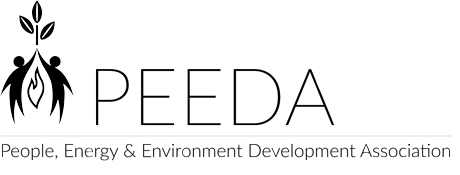Understanding of the energy implications at the household level of cooking entirely with electricity
The Government of Nepal has projected the rise of the electricity in the national grid from 1250 MW (2018/19) to 5820 MW by 2024, an increase of 4.6 folds. Hence transitioning to electric cooking has not only environmental, social, economic benefits but can also improve national energy security. One of the targets of “Universal Access to Clean Cooking Solutions by 2030 program” is to have 25% of Nepalese households using e-cooking as the primary cooking solution by 2030. This clear support from the Government paves the way for e-cooking promotion in Nepal.
This research will gain an understanding of the energy implications at the household level of cooking entirely with electricity in Nepali urban environments. The project is currently implemented in the cities of Kathmandu Metro and Lalitpur sub-metro. The project is funded by Modern Energy Cooking Services (MECS) programme.
